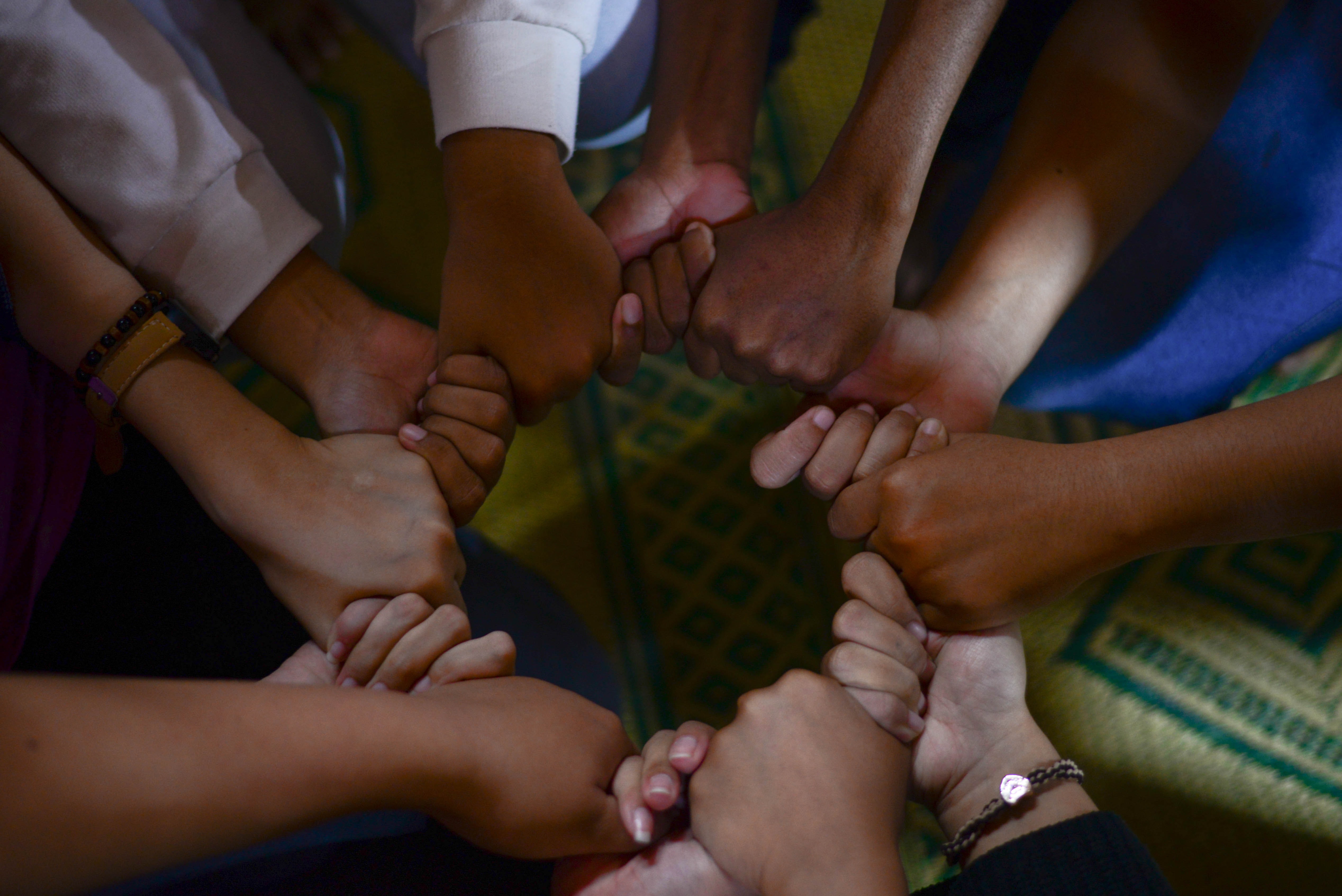Diverse Research Saves Lives
/ in research , usability testing , ethnography , human factors , user research , diversity / by Sheila VelagapudiThe topic of diversity and inclusion in the workplace and in research has been discussed for decades. The need to improve these initiatives has gained even more attention as recent events and studies have highlighted many disparities such as those in healthcare. Many factors contribute to disparities in healthcare and clinical research, all of which lead to very real consequences.
The disparities in pregnancy-related mortality are an example of where more inclusive research practices could prevent deaths and improve outcomes. According to the CDC, Black women with at least a college degree have a pregnancy-related mortality rate that is 5.2x that of their white counterparts, and overall, Black and Native American women have 2-3x higher pregnancy mortality rates compared to white, Asian, and Latinx populations. Research funded by the CDC found that several factors contributed to these disparities, including differing access to appropriate and high-quality care, missed or delayed diagnoses, and a lack of knowledge about warning signs of pregnancy-related complications from both the patient and provider.
The data also suggested that 60% or more of pregnancy-related deaths across all ethnicities could have been prevented by addressing these factors1. This research has been critical in determining how to address and decrease the pregnancy-related mortality rate for all women but especially for those disadvantaged by their race.

There are, however, challenges present when attempting to include ethnicities that were historically excluded into new studies. These challenges include ineffective communication, lack of trust in research, and practical factors such as time commitment. Even once the messages about clinical trials are communicated, issues such as inclusion and exclusion criteria may also make it difficult to recruit and enroll potential participants2.
To enhance this process and increase minority participation, it is crucial for researchers to practice cultural humility. The term “cultural humility” refers to the ability to be respectful of other cultures and lifestyles and to be willing to learn and adjust accordingly. Minority groups have been shown to be more likely to participate when researchers engage in the community, increase community knowledge and awareness of clinical research, and tailor their recruitment strategies, so cultural humility is considered essential to recruit participants and make them feel safe and welcome during the clinical research process. A researcher should understand and be empathetic of the needs of various groups and adjust studies and recruitment accordingly to fully engage different communities to bridge the racial gap in clinical research2.

- Racial and Ethnic Disparities Continue in Pregnancy-Related Deaths.CDC, 2019.
- Wilkins, C. Villalta-Gil, V. Humility, Empathy Required to Create Inclusive Research Culture. AAMC, 2017.
- Leonard, E. Race, Ethnicity, Culture, and Disparities in Health care. Journal of General Internal Medicine. 2006.
Share this entry
-
Share on Facebook
Share on Facebook
-
Share on Twitter
Share on Twitter
-
Share on Google+
Share on Google+
-
Share on Linkedin
Share on Linkedin
-
Share by Mail
Share by Mail











